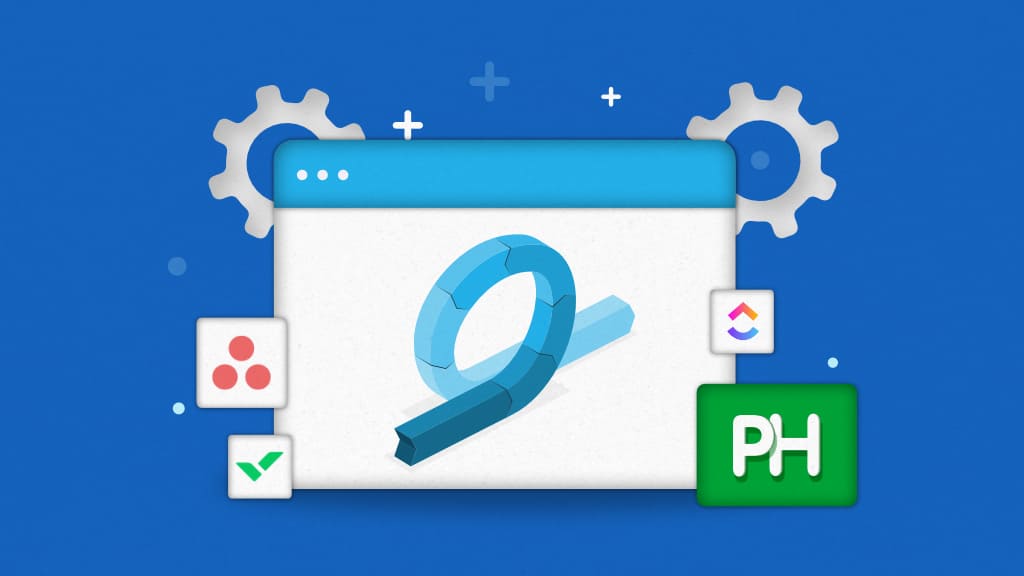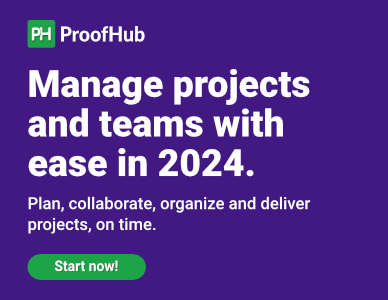Introduction
Are you looking for an agile project management tool to help streamline tasks in your fast-paced organization where everyone is juggling between primary and secondary tasks?
You may be wondering whether you should start adopting an Agile project management strategy to keep the balance or you’re good to go.
If you’re a project manager, you’ll probably understand that your team needs tools to support the way they work. Consequently, Agile project management tools offer an approach to enable teams to complete projects on time without hindering the quality of the project.
So without taking much time let’s explore the agile project management tools that are best for you in 2024.
List of agile project management tools for 2024
1. ProofHub
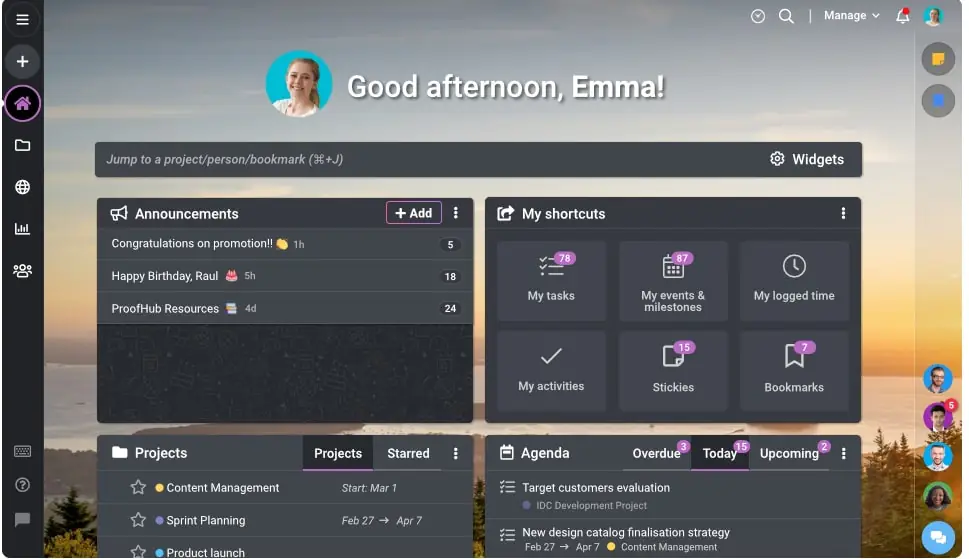
ProofHub is a compelling project management solution for Agile teams, especially those that value user-friendliness and cost-effectiveness due to its flat pricing structure. Additionally, it streamlines communication, collaboration, and task management, making it easier for project managers to implement core Agile principles and deliver successful projects.
Moreover, ProofHub brings together functionalities from popular project management tools, allowing it to be flexible for both traditional and Agile workflows. These functionalities make it a compelling option for project managers who might be transitioning their teams to Agile methodologies or those who manage a variety of project types.
Features
- Kanban boards and Gantt charts: Visualize workflows and track progress with both Kanban boards (great for ongoing tasks) and Gantt charts (useful for overall project timelines).
- Sprint planning: Facilitate efficient sprint planning by creating user stories, assigning tasks, and estimating efforts.
- Team collaboration: Enhance communication with threaded discussions, online proofing, and built-in chat.
- Reporting: Track project progress with insightful reports to identify roadblocks and ensure adherence to deadlines.
- Flexibility: Offers a good mix of features for both Scrum and Kanban approaches to Agile.
Pros
- Adapts to both Kanban and Scrum methodologies
- Easy to learn and use, even for teams new to Agile
- All-in-one solution for project management and collaboration
- A flat fee structure makes it cost-effective for growing teams
- Centralized platform for chat, discussions, announcements, and feedback
Cons
- Notifications can be overwhelming sometimes
Ratings
- Capetera: 4.6
- G2: 4.5
Pricing
ProofHub offers a 14 day free trial (offering all features), and two flat pricing plans to choose from:
- Essential: $45/month for unlimited users (billed annually)
- Ultimate Control: $89/month for unlimited users and all features (billed annually)
Get your project under control with all-in one project management tool. Get 14-day free trial (No-credit card required)
2. Wrike

Effective project management is all about making instant changes where needed to save on costs and increase revenues. Moreover, Wrike is ideal for centralizing and connecting multiple projects, thereby spiking up your team’s efficiency. It gets a lot of bad rep for its utilitarian interface, but just like with Teamweek’s tool, setting up your project tasks will be a walk in the park.
Although Wrike is up to date with its releases and enhancements, its mobile versions get a bit of a lag in the process. This might frustrate you if you expect to see changes on your mobile devices at the same time as they happen on your desktop.
Features
- Customizable workflows allow teams to flexibly adjust processes, improving agility.
- For project planning and execution, interactive Gantt charts offer flexibility and visual clarity.
- Support seamless adoption of Agile practices like Scrum and Kanban.
- Task dependencies provide effective task scheduling and project tracking.
- Personalized dashboards provide individualized perspectives on project outcomes and data.
Pros
- Increases productivity and flexibility by enabling teams to customize workflows.
- Real-time communication helps the team with instant communication and feedback.
- Offer in-built support for Agile methodologies such as Scrum and Kanban.
- Smooth interaction with several external applications, including Google Drive, GitHub, and Slack.
Cons
- Dashboards can take some time to set up and configure initially.
- Complexity in setting up customized workflows as compared to other agile tools.
Ratings
- Capetera: 4.3
- G2: 4.2
Pricing
- Free: Basic task management and collaboration features.
- Team Plan: $9.80 per user/per month
- Business Plan:$24.80 per user/per month
- Enterprise Plan: Need to contact their team for personalized pricing.
- Pinnacle Plan: Need to contact their team to discuss your requirements and get a tailored pricing quote.
3. ClickUp
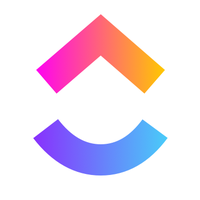
ClickUp is the ultimate productivity platform designed for engineering and product teams of any size to plan, organize, and collaborate on work using tasks, docs, chat, goals, whiteboards, and more.
It’s a powerful Agile project management solution known for its intuitive UI and rich set of customizable features to increase efficiency across the board—whether you’re managing workflows, bugs, releases, or wikis.
Visualize your work with over 15 unique views in ClickUp including List, Gantt, Calendar, and its Kanban-like Board view. Custom Fields, custom task statuses, and over 1,000 integrations help you streamline your processes further to deliver work more effectively while boosting productivity to new heights.
Features
- Personalized Agile boards that enable clear task monitoring and cooperative teamwork.
- Offer time tracking for monitoring time spent on tasks and projects for accurate resource allocation.
- Offer tasks and workflow automation to reduce manual effort.
- Teams can collaborate in real time with built-in chat, comments, and mentions.
Pros
- Intuitive interface and user-friendly design.
- Agile boards offer flexibility in task management.
- Extensive integrations with popular tools.
- Teams can enjoy flexibility and scalability with a variety of pricing options.
Cons
- Steep learning curve for advanced features.
- Some users may find features too complex.
Ratings
- Capetera: 4.7
- G2: 4.7
Pricing
- Free Forever: Available for small teams or individuals with basic functionality.
- Unlimited Plan: $10 per month/per user, billed monthly, and $7 per user/per month, billed annually.
- Business Plan: $19 per month/per user billed monthly and $12 per user/per month billed annually.
- Enterprise Plan: Best for large organizations with specific needs and need to contact with sales team.
4. Active Collab
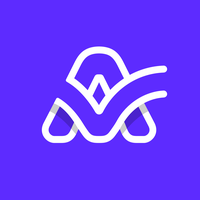
ActiveCollab was devised as a great solution for businesses. Additionally, with Active Collab, you will not have to keep your clients on the sidelines anymore. You can determine what every user can see and access, keep them informed, and share what’s important.
Furthermore, it offers project planning, sharing files, time tracking, expense tracking, brainstorming, discussing important topics, and more.
Features
- Customizable Kanban boards for enhancing transparency and agility.
- Real-time document collaboration with teams.
- Offer Customizable Project Templates for specific workflows.
- Teams can visualize project timelines and milestones with an interactive Gantt chart.
Pros
- Intuitive user interface
- Interactive Gantt charts help in project planning and scheduling.
- Provide users with better access control with role-based permissions.
Cons
- Limited advanced features as compared to other tools.
- Some users may find system lag during peak usage periods.
Ratings
- Capetera: 4.5
- G2: 4.2
Pricing
- Plus: $3.17 per member / monthly flat rate for 3 members.
- Pro: $8 per member / per month
- Pro+Get Paid: $11.75 per member / per month
5. Asana

Asana is the ultimate cloud-based project and task management tool for planning, organizing, and tracking the progress of tasks. Additionally, from start to finish, Asana has the features your team needs — from Boards to Timelines.
Moreover, for Agile project management, Asana tracks launches and iterations, simplifies project and sprint plans, and facilitates communication with teammates.
If you are handling an Agile team or wondering if Agile can work for you, this article can help you with lots of information to handle projects. Additionally, you can control your team’s work and achieve the best results.
Features
- Multiple task views for flexible task management to easily organize and prioritize tasks.
- Customizable Kanban boards for agile project progress and tracking.
- Automation for repetitive tasks.
- Real-time communication and collaboration with the teams.
Pros
- Intuitive user interface makes it easy to use.
- Offer wide integration functionality with other tools.
- Provide extensive documentation for support.
Cons
- Less Customization functionality as compared to other tools.
- Technological knowledge is required for Integration setup.
- Expensive pricing structure for larger teams or organizations.
Ratings
- Capetera: 4.5
- G2: 4.3
Pricing
- Personal: Free for up to 10 users with limited functionality.
- Starter: US$10.99 per user/per month when billed annually and US$13.49 per user per month when billed monthly.
- Advanced: US$24.99 per user/per month when billed annually and US$30.49 per user/per month when billed monthly.
Read on: 11 powerful asana alternatives for project management in 2024
6. Version One
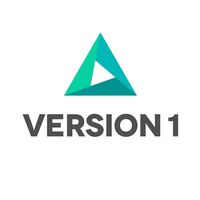
VersionOne is an all-in-one Agile management tool that supports Agile software development methodologies. Furthermore, its forever popular features are Agile portfolio management, program management, quality management, business intelligence, collaboration, hub integration, and development.
Additionally, with its collaboration feature, you can establish links between global product and portfolio teams.
Features
- Enhanced security with SSO authentication to streamline user access.
- Advanced reporting and analytics capabilities for data-driven decision-making.
- Users can import and export project data easily.
Pros
- Compatible with various operating systems, web browsers, and mobile devices.
- DevOps tools integration for seamless project delivery.
- Offer role-based access control.
Cons
- Time-consuming and complex to learn in the beginning.
- Less mobile functionality compared to the desktop version.
- Limited customization.
Ratings
- G2: 3
Pricing
- Contact the sales team.
7. Binfire
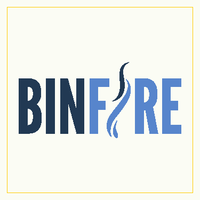
The next tool that secured a place in this agile project management tools list is Binifire. Notably, an easy-to-use project management and collaboration tool, Binfire helps virtual teams to plan, monitor, and coordinate projects.
Additionally, Binfire boasts rich features to manage milestones and tasks, to-do lists, online file storage, virtual whiteboard, and project management features.
Moreover, it offers easy task management, where tasks, sub-tasks, and dependencies are all managed seamlessly. Furthermore, Binfire provides a free trial and paid plans.
Features
- Offer advanced features such as sprint planning, backlog management, and burndown charts.
- Offer advanced task dependency management capabilities for project sequencing.
- Built-in chat, comments, and notifications for real-time collaboration.
Pros
- Excellent customer support via email and chat.
- Offer document management with version control.
- Provide dedicated support for Agile practices such as Scrum and Kanban.
Cons
- Steep learning curve for some users in the beginning.
- Limited third-party tools integration.
- Advanced features are complex to use.
Ratings
- Capetera: 4.5
- G2: 4.5
Pricing
- Free: Upto 3 users
- Premium: US $6.5 Per user, per month billed annually, US $8 billed monthly
- Business: US $10 Per user, per month billed annually, US $12 billed monthly
- Enterprise: Contact sales
8. JIRA
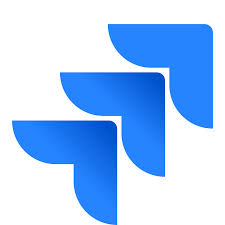
JIRA is a tracking tool that is used for Agile testing as well as project management. Moreover, it is developed for bug tracking, issue tracking, and project management for software and mobile development processes. Notably, some of the key features include capturing, assigning, and setting priorities to do work.
Furthermore, with Jira, teams get visibility into long-term goals and real-time release information. Additionally, the dashboard on JIRA can be customized to match your business processes. Lastly, in addition to that, the JIRA Kanban board is very helpful in managing workflow and preventing bottlenecks.
Features
- Customizable boards, columns, and workflows in scrum boards.
- Burndown Charts for monitoring sprint progress to keep on track.
- Advanced agile reporting features for generating insightful reports.
- Sprint planning with drag-and-drop functionality.
- Kanban boards to track work progress.
Pros
- Extensive integrations with other third-party tools such as Bitbucket and GitHub.
- Community support for learning and development.
- Continuously improve the system through regular updates.
Cons
- Some features of JIRA are overwhelming for new users.
- Steep learning curve due to JIRA’s advanced configuration and customization functionality.
Ratings
- Capetera: 4.4
- G2: 4.3
Pricing
- Free: Up to 10 users
- Standard: $7.16 per user/month
- Premium: $12.48 per user/month
- Enterprise: Contact sales
Further reading: 21 best Jira- alternatives for agile project management in 2024
9. Axosoft
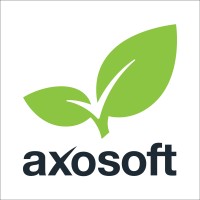
Another widely used Agile Project Management software solution to handle your project from start to finish is Axosoft. Notably, Axosoft changes how you visualize your tasks, and its rich set of tools makes sure that users can create and deliver bug-free software on schedule.
With Axosoft, you can undergo project scheduling, document management, project collaboration, reporting, resource management, task management, and time tracking. Furthermore, everything is centralized, ensuring transparency and that everyone is on the same page.
Features
- Burndown Charts for visualizing sprint progress and team velocity.
- Customizable dashboards to track project status and key metrics.
- Ensure smooth team collaboration with real-time updates, comments, and notifications.
- Advanced filtering options for quickly finding and filtering backlog items, tasks, and issues.
Pros
- Intuitive user interface for smooth task and project management.
- Integration with popular development tools
- Responsive customer support through documentation, and community forums for user assistance.
Cons
- Limited functionality for iOS and Android compared to the web version.
- Some users may need help to learn advanced features.
Ratings
- Capetera: 4.2
- G2: 3.9
Pricing
- Hosted by us: $25 user/month, No user minimum.
- Installed by you: $250 per user, Minimum 5 users.
10. Pivotal tracker
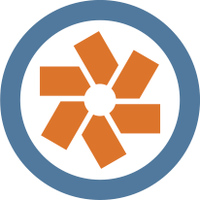
Pivotal Tracker is a planning tool process that fosters collaboration, and with dynamic tools to analyze progress, your team will deliver more frequently and consistently. Moreover, Tracker helps your team better develop and keep track of them.
Additionally, say goodbye to managing timelines and meeting unrealistic expectations. Lastly, Pivotal Tracker is very good at what it does.
Features
- Release markers and burnup charts feature help track project progress and -time delivery.
- Built-in commenting and @mention features for real-time collaboration.
- Project progress real-time updates for quick necessary changes.
- Provide story maps and burndown charts for project progress and insights.
Pros
- Provide real-time updates, comments, and notifications to users.
- Velocity tracking and iteration planning help users monitor project progress.
- Teams can manage projects from anywhere via web browsers and mobile apps.
Cons
- Some users may find advanced features complex and difficult to use.
- Fewer third-party integrations as compared to other agile project management tools.
Ratings
- Capetera: 4.3
- G2: 4.1
Pricing
- Free:1-5 collaborators and up to 5 projects
- Enterprise: Unlimited user and unlimited project (Contact sales)
11. MeisterTask
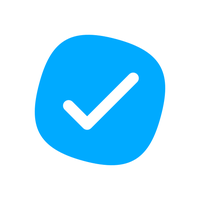
Another honorable mention on the Agile project management tools list is MeisterTask. Specifically, this is a cloud-based project and task management solution that caters to businesses of all sizes. Key features include file management, time tracking, and reporting.
Moreover, integrations with all your favorite tools such as Slack, GitHub, and Zendesk let you create a seamless workflow. Additionally, MeisterTask’s free apps for iPhone, iPad, macOS, and Windows will keep you up to date wherever you are.
Features
- Support agile methodologies like Scrum or Kanban with customizable workflows.
- Built-in automation features for repetitive tasks and workflows.
- In-built time tracking feature to track performance and billable hours.
- Insightful reporting for analyzing team performance and making informed decisions.
Pros
- Users can create personalized dashboards to monitor project progress and status.
- Available on web browsers and mobile apps for both iOS and Android systems.
- Provide integration with popular tools like Slack, Google Drive, and GitHub for agile project management.
Cons
- Steep learning curve for the users who are seeking simple agile project management tools.
- Some users may face performance issues and Large Projects large datasets or complex projects
Ratings
- Capetera: 4.7
- G2: 4.6
Pricing
- Basic: Free for up to 3 projects
- Pro: $7 Per User/Month
- Business: $1250 Per User/Month
- Enterprise: Contact sales
12. Taiga
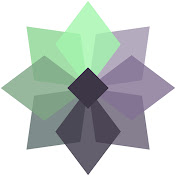
Taiga is a very easy-to-use and advanced features tool that we have added to this agile project management tools list. Furthermore, it is an open-source project management tool aimed at solving the problem of software usability.
Moreover, it is a reliable and popular platform for small developers, designers, and project managers for applications like project collaboration, reporting, time tracking, and task management.
Additionally, it provides integration with Webhooks, GitHub, GitLab, Bitbucket, and Gogs. Lastly, mobile applications for iOS, Android, and Windows devices are offered.
Features
- Effective user story and task management with the backlog.
- Burndown Charts for visualizing sprint progress and team velocity.
- Insightful reports and analytics for analyzing team performance, task progress, and project completion status.
- Epics and sprint features for planning and tracking progress more effectively.
Pros
- Intuitive and visually appealing interface making it easy to navigate and easy project management.
- Supports various agile methodologies, including Scrum, Kanban, and Scrumban.
- Provide community support and extensive documentation for learning, and best practices.
Cons
- Limited reporting feature as compared to other agile project management tools.
- Integration with other tools requires technical knowledge which makes it a little bit complex.
- Steep learning curve.
Ratings
- Capetera: 4.3
- G2: 4.4
Pricing
- Taiga cloud basic: Free
- Taiga cloud with premium support: $70 per month ($600 when billed annually)
- Self-hosted: From $10
Get things in the blink of an eye. Set up your Agile workflow with ProofHub. Get started for free.
13. Kantree

Kantree is a unique truly flexible project management software that makes team members collaborate. The visual and easy-to-use interface makes it easy for teams to organize, plan, and manage their work daily.
Kantree allows business users to find their marks easily and as a result, collaboration is improved fast. Teams feel more confident and deliver efficiently while using Kantree.
Features
- Task prioritization based on importance, urgency, or project dependencies.
- Offers customizable templates to streamline project setup and ensure consistency across projects.
- Interactive Gantt charts that help teams plan and track project timelines, dependencies, and critical paths for project success.
- Offer customizable views of the dashboard, timelines, and Calendar for better project visualization.
Pros
- Highly customizable workflows.
- Team can automate repetitive tasks with built-in automation features.
- A highly intuitive and easy-to-use user interface makes the learning process easier.
Cons
- Lack of advanced reporting and analytics features as compared to other tools.
- Customer support is not as good as it should be.
- Costlier pricing plans for small organizations or startups.
Ratings
- Capetera: 4.5
- G2: 4.4
Pricing
- Team: 7€ /user/month
- Business: 10€ /user/month
- Enterprise: Contact sales
14. Notion
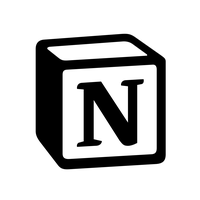
Teams can use Notion to communicate, making it easy to add team members. Moreover, Notion serves as an all-in-one solution for your notes, tasks, and wikis.
Available in the browser, iOS, Mac, and Windows, it is fast and responsive. Consequently, teams can utilize this platform to discuss projects, share files, and record ideas.
Features
- Pre-built templates help teams streamline project setup and make the process faster.
- Advanced tagging and filtering options to prioritize work and track progress effectively.
- Note-taking and documentation features for gathering project information for reference.
- Timelines views for better agile project planning and progress tracking.
Pros
- Intuitive user interface for better project management and navigation.
- Compatible with different devices and platforms, including web browsers and mobile apps for better working.
- Offer comprehensive integration options with other tools.
Cons
- Learning features and functionalities of Notion, users may require some time and training.
- Some users may find it less useful for advanced reporting and analytics features.
Ratings
- Capetera: 4.7
- G2: 4.7
Pricing
- Free: Ideal for individuals, offering basic features at no cost.
- Plus: Priced at $8/month (billed annually) or $10/month (billed monthly)
- Business: Priced at $15/user/month (billed annually) or $18/user/month (billed monthly).
- Enterprise: Contact Notion’s sales team
15. Hitask
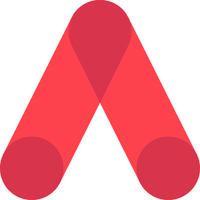
Hitask is a task management solution that completes projects faster. Additionally, it helps to focus on team collaboration, getting tasks done, and managing an entire project. Moreover, you can easily manage to-do lists, projects, team communication, and shared calendars.
Furthermore, Hitask enables you to synchronize your projects and tasks between your desktop browser and mobile app, with apps available for iPhone, iPad, and Android.
Project management is an indispensable function to understand what it takes to keep a project on track. Furthermore, for businesses, project management is a means of achieving strategic objectives.
Additionally, with the advancement of business requirements, technology, and software development, utilizing project management methodologies to cater to the demands is crucial.
Features
- Hitask has a team availability tracker that helps users check team availability and simplify task assignments.
- Offer task templates for a quick task start and are usable for recurring tasks or common workflows.
- Users can start discussion threads within tasks, enabling team members to communicate and collaborate easily.
- Advanced privacy controls help users to set task visibility and access permissions based on requirements.
Pros
- Intuitive user interface reduce learning and increase productivity.
- Task reminders help team members to keep projects on track and meet milestones.
- Task recurrence helps team members to repeat tasks after a specific time ensuring timely task completion.
Cons
- Not performing well while working on large datasets or complex projects.
- Some users may need some time to learn advanced functionality especially those who are new to agile methodologies.
- Fewer integration options compared to other agile tools.
Ratings
- Capetera: 4.0
- G2: 4.4
Pricing
- Team: Free for up to 5 users
- Team business: $5.00 Per user/month
- Enterprise: $20.00 Per user/month
16. Basecamp
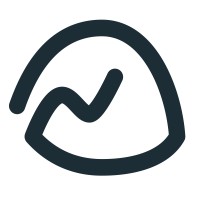
Basecamp is a popular Agile project manager in the Scrum community. the tool is designed to serve both as a project management software as well as a team collaboration software. The software solution is easy to use on both desktop and mobile devices.
With Basecamp, you get a centralized place to promote quality teamwork, simple task management, seamless file sharing, real-time team communication, and task reporting.
Overall, organizing people, delegating tasks, monitoring progress, sharing updates, and delivering work is quite easy with this software. However, if you don’t feel the same, there are plenty of potential Basecamp alternatives out there that you can try.
Features
- Make communication centralized with message boards, chat rooms, and real-time messaging to ensure project discussion happens only in one place.
- Users can create and share client presentations directly within the platform with advanced features such as embedding images, videos, and documents.
- Team activity feed provides a centralized stream of project-related updates and notifications to keep team members informed of project status.
Pros
- Easily accessible and organized centralized communication.
- A highly user-friendly interface helps the team to get familiar with Basecamp easily.
- Various third-party tools integration, enhancing collaboration and workflow automation.
- Hill charts visualize project progress and insights easily without taking much time.
Cons
- Limited customization options compared to other agile tools
- Not offer advanced features for task automation such as triggers, actions, and conditions needed for streamlining workflows.
- Less responsive customer support as compared to other agile tools.
Ratings
- Capetera: 4.3
- G2: 4.1
Pricing
With a 30-day free trial, Basecamp offers two pricing options:
- Basecamp: $15/user/month (billed annually)
- Basecamp Pro Unlimited: $299/month (billed annually
17. Smartsheet

Smartsheet defines how teams collaborate on projects and tasks, such as managing operations, tracking marketing campaigns, and planning events.
Additionally, Smartsheet considers various solutions for businesses, including different roles and industries. Moreover, it unifies cross-functional priorities, offers free and open collaboration, and allows you to create teams without limitations.
Features
- Advanced charts and graphs to visualize data with customization options, chart types, and styles.
- Support import and export data in various file formats such as CSV, Excel, and PDF.
- With Visual Basic or JavaScript users can create custom functions and scripts.
- Version history features for tracking changes and establishing accountability in collaborative work.
Pros
- Automation capabilities streamline workflows and reduce manual effort.
- Multiple views such as grid view, card view, and Gantt chart view for effective project management.
- Teams can access project data, collaborate, and manage tasks on mobile apps which enhances productivity.
Cons
- Users who are not familiar with spreadsheet-based project management may take some to get used to it.
- Pricing plans are a little bit costlier for small businesses and startups as compared to other agile tools.
- Lack of advanced dependency features such as task constraints and critical path analysis.
Ratings
- Capterra: 4.5
- G2: 4.4
Pricing
With a 30-day free trial, Smartsheet offers Three pricing options:
- Pro: $7/user/month (billed annually)
- Business: $25/user/month (billed annually)
- Enterprise: Custom pricing.
What are agile project management methodologies?
Agile project management methodologies are adaptable, iterative methods of project management that emphasize teamwork, flexibility, and providing value to clients. Additionally, these approaches strongly emphasize the capacity to adapt rapidly to change, regular communication and feedback loops, and breaking projects down into smaller, more manageable tasks.
The Agile methodology was comprised of the following four main values:
- Interactions of teams and individuals over processes and tools
- Working software over comprehensive documentation
- Customer collaboration over contract negotiation
- Responding to change by following a plan
Today, the popular frameworks for implementing Agile methodology include Scrum, Kanban, Extreme Programming, and the Adaptive Project Framework.
Why use agile methodologies in project management?
Teams and businesses use agile project management methodologies to save time, and money, and provide the flexibility to make changes. It allows for better flexibility than traditional methods of project management and provides numerous benefits.
- More rapid deployment of software for customers to get value sooner
- Detect issues and defects faster
- Increased collaboration and faster
- Reduced waste
- Increased adaptability to change
- Increased success through more focused efforts
- Customized team structures
- Faster turnaround times
- Optimized development processes
- Eliminates rework
- Relevant project metrics
- Focus on the needs of customers
- Increased frequency of collaboration
Types of agile project management methodologies
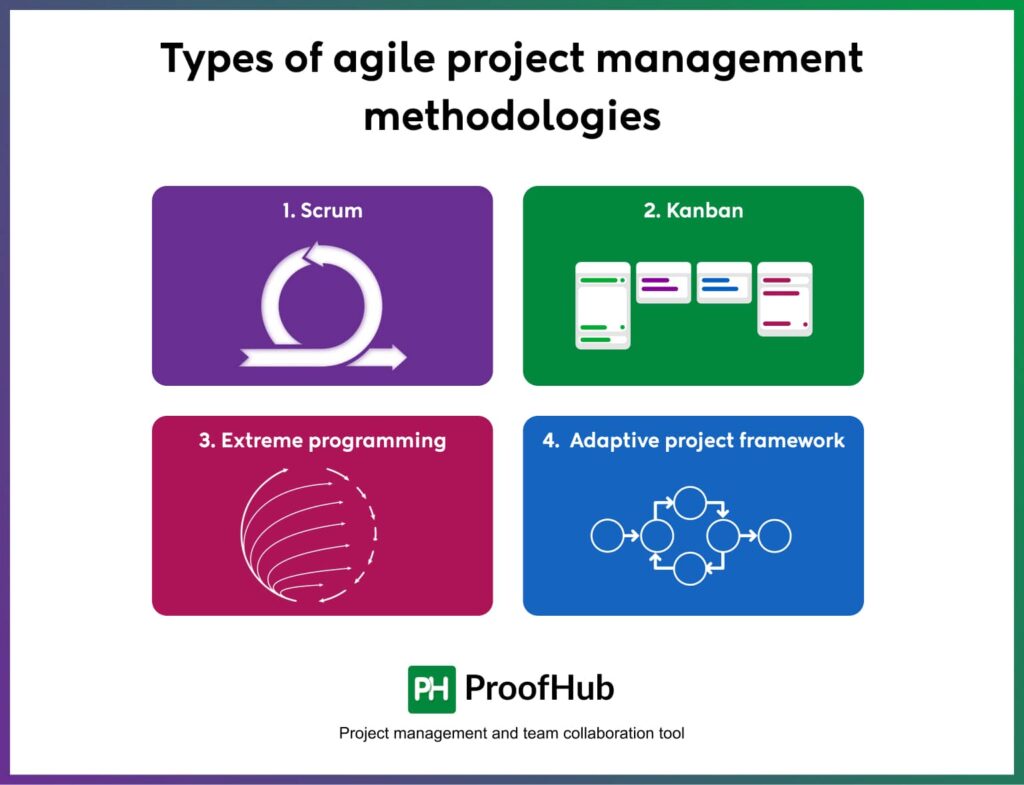
1. Scrum
Scrum is the most popular Agile development framework that has taken a highly iterative approach focusing on the key features and objectives. Furthermore, the best part about Scrum is that it is adaptable and relatively simple to implement.
2. Kanban
Kanban was developed by Toyota to help increase productivity in factories. Moreover, it is another framework for Agile-based methodology. This approach provides a quick way to bring code to production.
Additionally, teams can have a visual representation of their tasks and maintain transparency in the progress of their tasks by moving them through stages and identifying where roadblocks occur.
3. Extreme programming (XP)
Extreme programming is a disciplined approach to improving the quality (and simplicity) of software and delivering high-quality software continuously. Additionally, in XP, the team estimates, plans, and delivers the highest-priority user stories and constantly collaborates to produce high-quality software.
4. Adaptive project framework (APF)
Due to changing requirements in most IT projects, teams started using Adaptive Project Frameworks. APF is designed to continuously adapt to the changing situation of a project. Stakeholders also use this approach to change the scope of the project at the start of each stage to produce the most business value.
With this information, you’ll now have a better idea of if your business should go Agile or not. Go Agile for your next project!
Conclusion
Agile project management tools are essential for helping teams successfully adopt the practices and principles of the agile methodology. Furthermore, the right choice of agile project management tools is critical for success as businesses adopt agile approaches to remain flexible and competitive in the fast-paced world.
Get your project under control with an all-in-one project management tool. Get 14-day free trial (No-credit card required)
